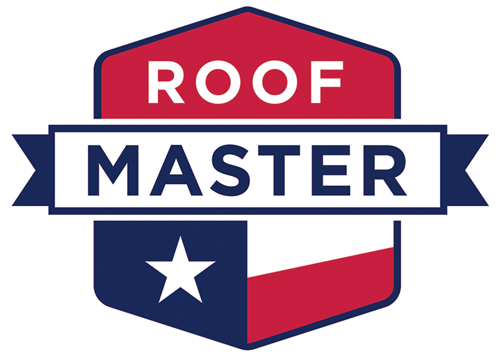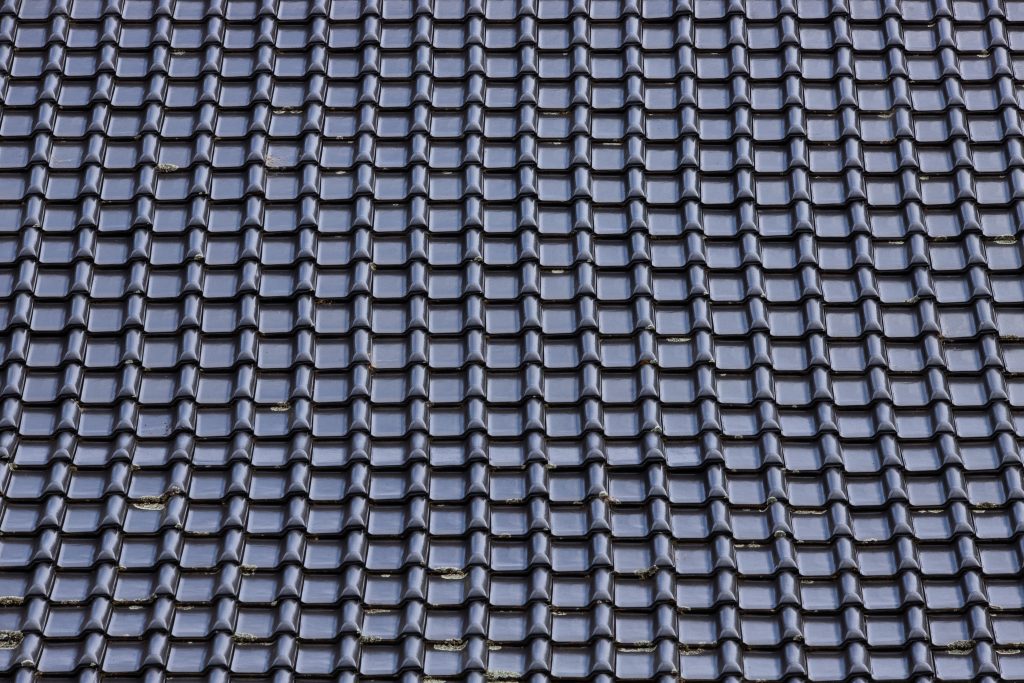There are several options to consider if you’re searching for the best alternatives for residential steel roofing. Steel roofing is known to be the most robust roofing material that exists. However, it can rust quickly if not galvanized, calling for the best alternative.
The good news is, there are many great options in the market, including stone-coated metal roofing, aluminum panels, synthetic tiles, and natural slates. Most of the roofing options have unique applications and can outlast the traditional asphalt shingles.
This post provides a deep insight into residential steel roofing’s best alternatives, including their pros and cons. Keep reading to find out what best fits your house.
Best Alternative Options for Residential Steel Roofing
When searching for the best alternative to steel roofing for residential properties, you need a strong roofing material that can last for years. It should be able to resist extreme weather conditions, such as strong winds and storms.
Here are some of the residential roofing options to consider in your next roofing project.
- Aluminum metal roofing
- Stone-coated metal roofing
- Synthetic roof tiles
- Copper metal roofing
- Natural slate roofing
- Aluminum Metal Roofing
Aluminum metal roofing is an excellent roofing material for residential roofing systems because it’s strong, durable, and corrosion resistant to prevent rust formation. Aluminum can last for many years, making it a perfect roofing choice for homeowners who desire longevity. It’s also easy to install.
Pros of Aluminum Metal Roofing
- Resistant to Corrosion: Aluminum metal roofing will never rust, making it an excellent alternative for steel in coastal regions where steel can form rust quickly.
- Lightweight: If you are looking for a lightweight roofing option than residential steel roofing, you should consider aluminum.
- Readily Available: You won’t spend a lot of time searching for aluminum metal roofing. Almost every roofing company manufactures or stocks aluminum panels.
Cons of Aluminum Metal Roofing
- Costly: Despite the many benefits of aluminum metal roofing over steel roofing, the material is pricier than steel.
- Dents Easily: Since aluminum is lightweight, it’s more likely to dent when heavy objects land on it. To avoid that, you’ll need to use thicker aluminum roof panels.
- Stone-Coated Metal Roofing
Stone-coated metal roofing has a unique architecture, rendering it an excellent alternative for steel metal roofing. It resembles asphalt shingles, and wood shakes in appearance and can last for up to 50 years. Its longer lifespan is the reason many homeowners love this roofing alternative.
Pros of Stone-Coated Metal Roofing
- Durable: Stone-coated metal roofing offers superior durability to traditional steel roofing. It consists of crushed granite bonded to steel to extend the lifespan.
- Resistant to Bad Weather: This roofing material is highly resistant to strong winds and hailstones. Not to mention, the roofing material is also fire-resistant.
- Corrosion-Resistant: As the name suggests, stone-coated metal roofing is metal-coated and bonded with crushed granite, preventing corrosion.
Cons of Stone-Coated Metal Roofing
- More Expensive: The purchase and installation cost of stone-coated metal roofing is generally more expensive than steel roofing.
- Noisy: Stone-coated metal roofing tends to produce a lot of noise when it rains heavily. One way to reduce the noise is by adding loft insulation on the roof.
- Synthetic Roof Tiles
The use of synthetic roof tiles is increasingly gaining popularity in many homes. Synthetic tiles can mimic the appearance of other types of roofing materials, such as slate, wood, and concrete. Their green capabilities make them eco-friendly.
Pros of Synthetic Roof Tiles
- Various Colors: Synthetic roof tiles come in multiple colors, allowing you to find what fits your architectural palette.
- Resistant to External Factors: Synthetic tiles are highly resistant to fire and environmental stressors like strong winds, heavy rains, and pollution elements.
- Prolonged Lifespan: Expect synthetic roof tiles to last for 60 years, depending on the maintenance level. The tiles can even last longer when maintained well.
Cons of Synthetic Roof Tiles
- Lacks Authenticity: Synthetic tiles lack authentic appearance. They may mimic other roofing materials like slate, but they are not real.
- Questionable Longevity: Synthetic roof tiles have only been in the market for a few years. Their durability and longevity have not been fully put to the test.
- Copper Metal Roofing
Copper has a distinct appearance, making it an excellent choice for many homeowners. As one of the most attractive roofing options, it brings a touch of beauty and elegance to your roof. Copper is mostly used for accents over dormers or bay windows.
Pros of Copper Metal Roofing
- Longer Lifespan: Copper is more durable than steel metal roofing, making it an excellent alternative. It can last for 100 years if maintained well.
- Incredibly Beautiful: Copper’s blue-green color makes it more attractive than steel roofing. It even changes color when exposed to air for years.
- Resistant to Corrosion: When copper patinas over time, a protective coating forms on it. The barrier protects it against corrosion.
Cons of Copper Metal Roofing
- Relatively Expensive: Copper is more expensive than steel. That’s the reason many homeowners rarely use it over the entire roof.
- Dents Easily: Copper is soft and malleable, making it more prone to denting. To prevent denting, you need to install thicker copper roof panels.
- Natural Slate Roofing
Natural slate roofing tiles are thin sheets of natural stones. Slate roofing has become a popular choice for many homeowners due to its durability. Some slate roofs have lasted for hundreds of years and are still functioning. You can reuse the stones over and over.
Pros of Natural Slate Roofing
- Durable: Natural slate roofing is the go-to option for homeowners who desires longevity. The roof material can last for up to 100 years when maintained well.
- Aesthetically Pleasing: Most residential property owners get attracted to slate roofs due to their beauty. It’s available in various colors, sizes, and thicknesses.
- Low Maintenance: Besides their longevity and durability, slate roofs generally require low maintenance. It doesn’t support mold and mildew growth.
Cons of Natural Slate Roofing
- Very Costly: The cost of buying the materials and installing them on your roof is relatively high. Slates’ production cost is high, increasing the purchase price.
- Incredibly Heavy: Since natural slates are typically stones, they are heavier than steel roofs. A square of slate roofing weighs around 800-1,000 pounds.
Final Words
Now that you understand the best alternatives for residential steel roofing, you need to find a reputable roofer to help you install the roof. As one of Texas’s best roofing contractors, we offer exceptional roofing installation services for residential properties.
Contact Roof Master today to get a free inspection on your next residential steel roofing project.



